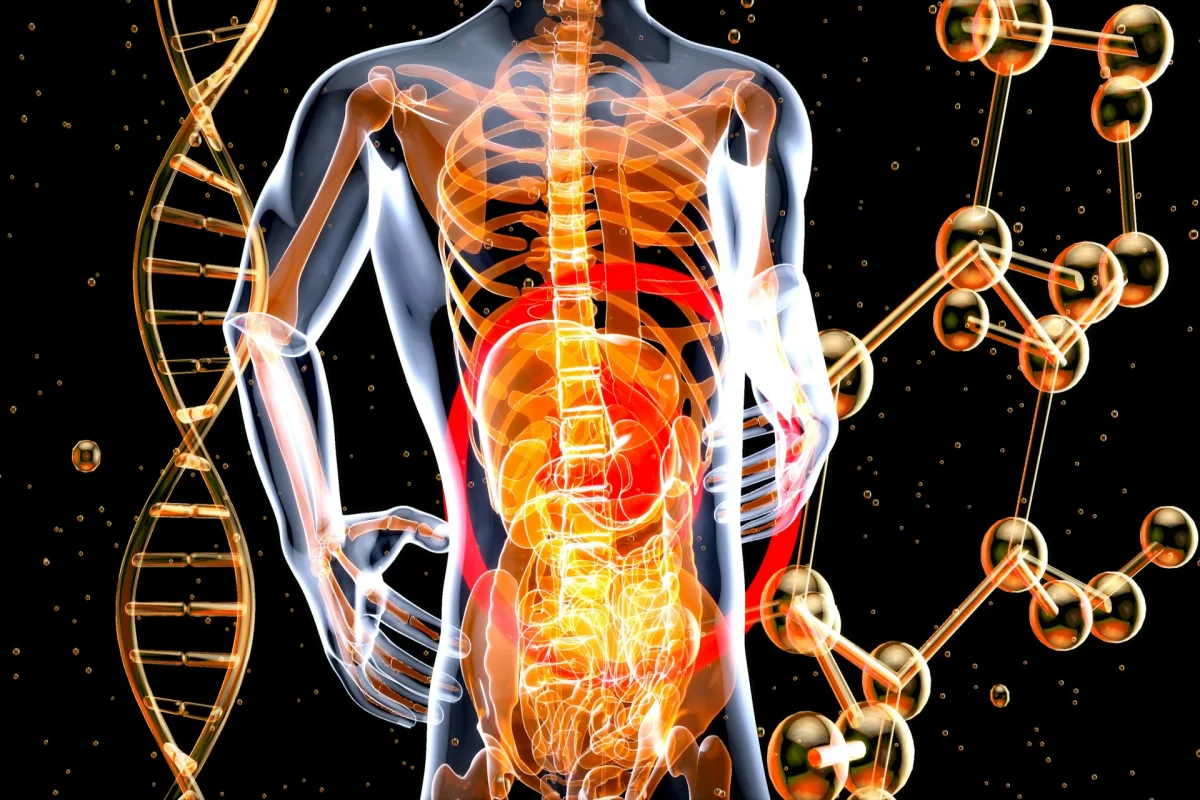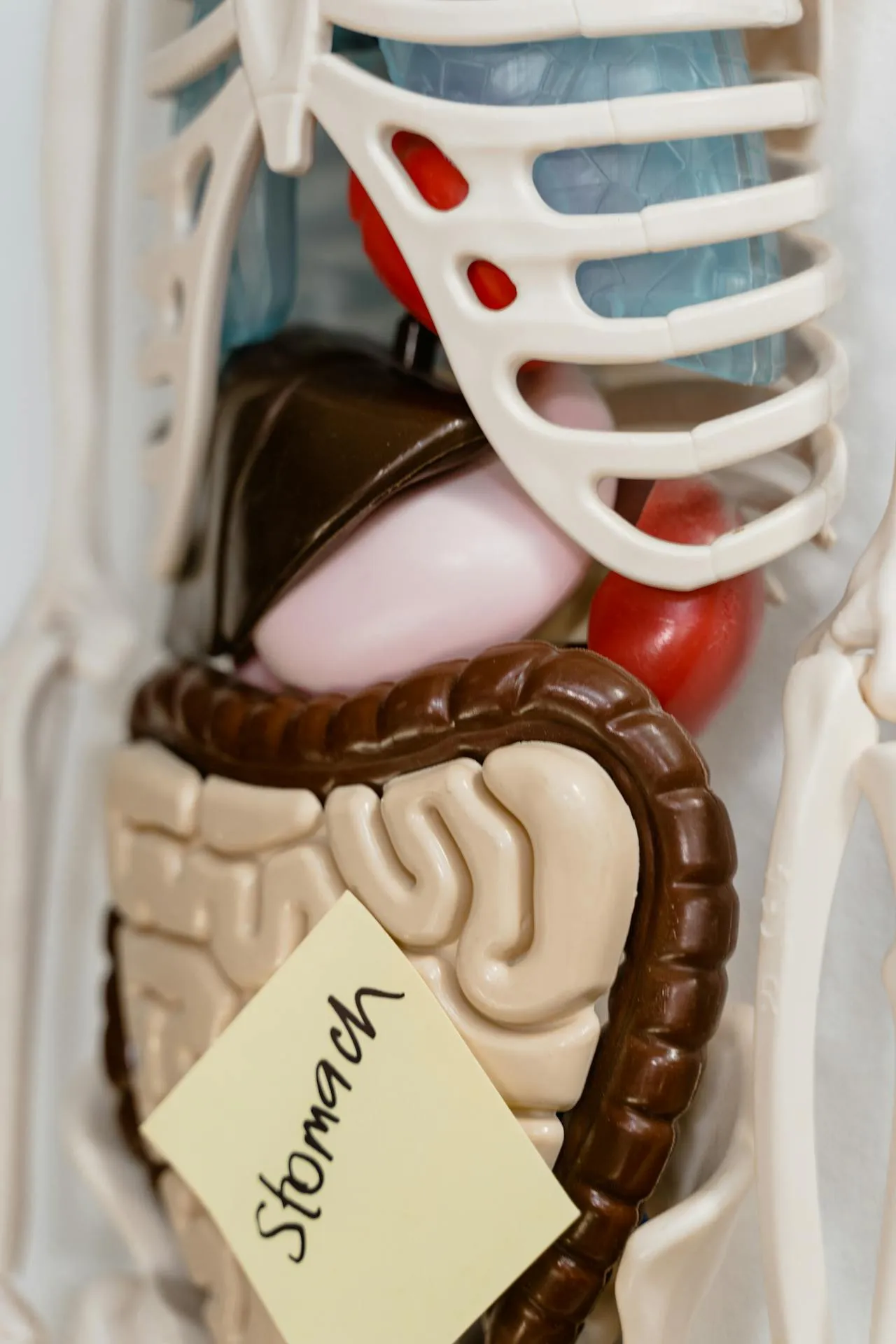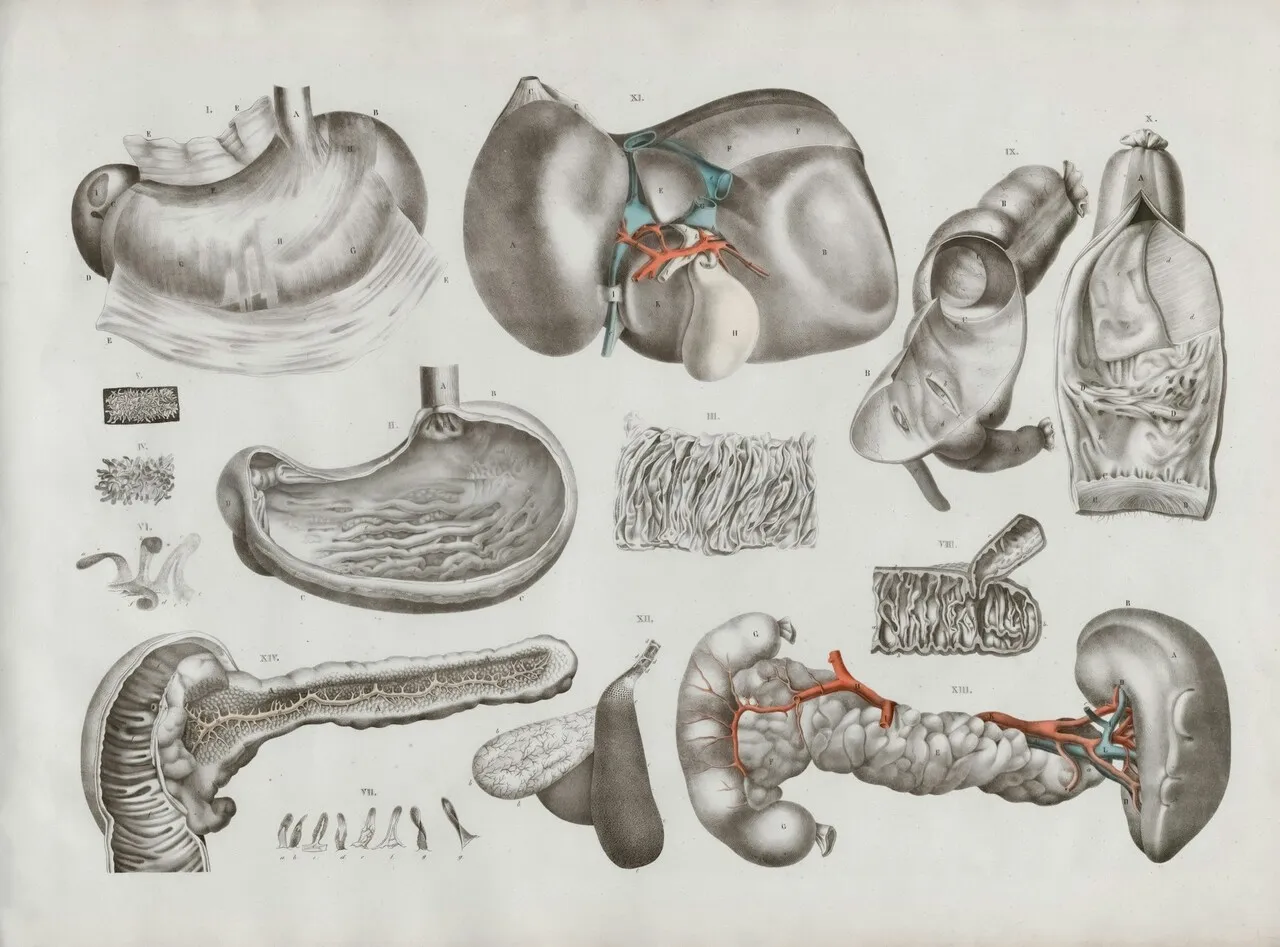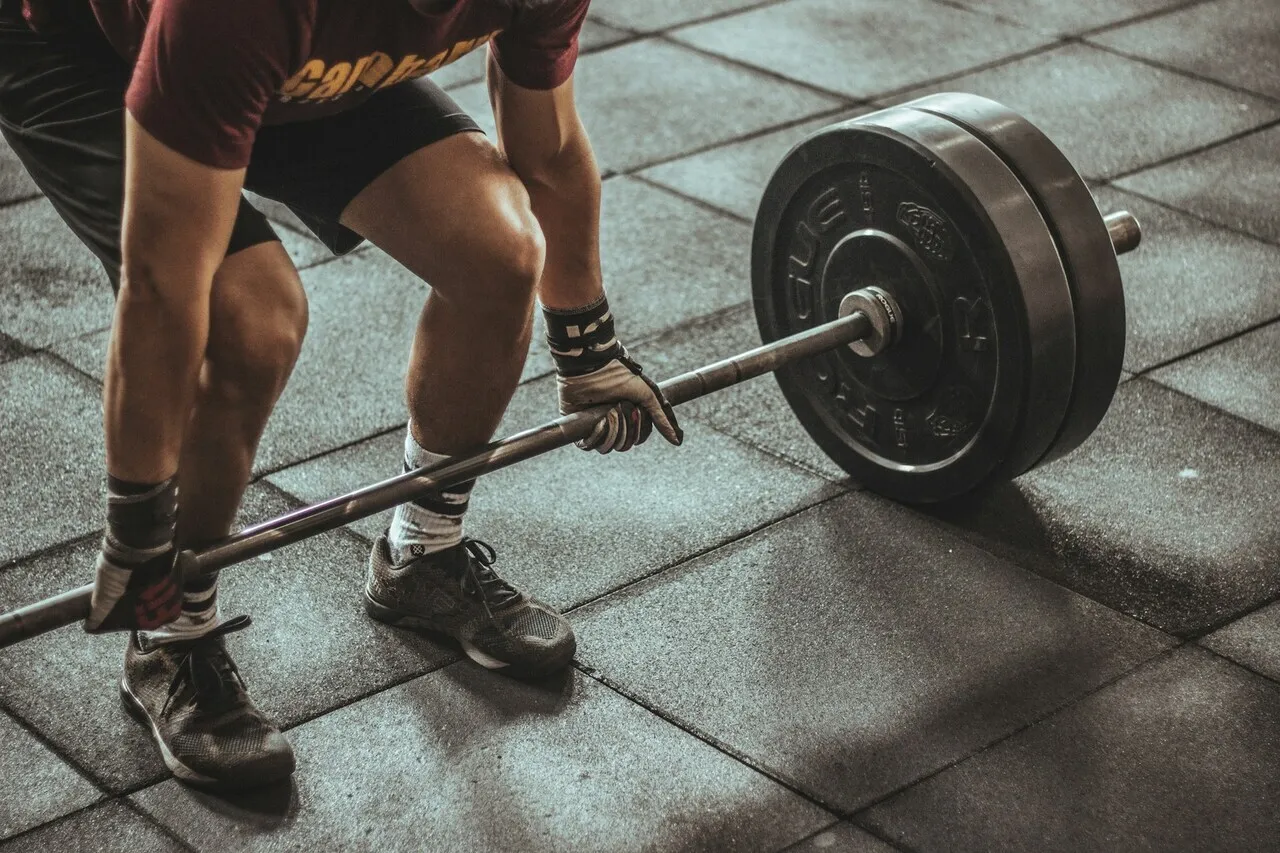 Thursday, March 20, 2025
Thursday, March 20, 2025Sports and Digestive Enzymes: How Exercise Influences Enzyme Activity
Digestive enzymes are essential for nutrient absorption and metabolism. They assist in breaking down macronutrients into absorbable components. But what role does exercise play in this process? Studies show that physical activity has direct and indirect effects on the production and efficiency of digestive enzymes. This blog explores the connection between exercise and digestive enzymes based on scientific findings.

What are digestive enzymes?
Digestive enzymes are proteins that catalyze chemical reactions to break down food into absorbable molecules. They are primarily produced in the salivary glands, stomach, pancreas, and intestines. The main digestive enzymes include:
Amylases break down carbohydrates into sugars.
Proteases (Peptidases) split proteins into amino acids.
Lipases break down fats into fatty acids and glycerin.
- Lactase, maltase, and sucrase assist in breaking down specific types of sugars.

Effects of exercise on digestive enzymes
Studies demonstrate that physical activity influences enzyme production and efficiency.
Exercise increases the metabolic rate, which can accelerate digestive processes. Research indicates that enzymatic activity is enhanced by increased blood flow in the digestive tract. Improved circulation allows nutrients to be transported more efficiently, thereby favoring the activity of digestive enzymes.
Regular exercise improves the function of the pancreas, which is responsible for producing amylases, proteases, and lipases. A study published in the Journal of Applied Physiology (2021) reveals that physically active individuals exhibit increased pancreatic enzyme secretion. Thus, a healthy lifestyle with a balanced diet and physical activity can maintain enzyme production at optimal levels.
Exercise can diminish digestive discomforts such as bloating or constipation by promoting peristalsis (intestinal movements). This aids in distributing enzymes more efficiently and optimizing digestion. Individuals who engage in regular exercise often benefit from improved gut health, as physical activity can shorten intestinal transit time.
The gut microbiota plays a crucial role in the production and modulation of digestive enzymes. Regular exercise promotes the growth of beneficial gut bacteria that contribute to enzyme production. A healthy gut flora can enhance digestion efficiency and even improve micronutrient absorption. An investigation in Gut Microbes (2020) substantiates that exercise induces positive changes in the microbial composition of the gut, which in turn enhances enzymatic activity.
Not all forms of exercise have the same effect on digestive enzymes. Moderate activities like LISS (Low-Intensity Steady-State) or yoga tend to support digestion more effectively than high-intensity training (HIIT), which can temporarily hinder digestive processes. Intense exercise may temporarily reduce blood flow to the digestive tract and lead to stomach issues. Those with sensitive digestion should therefore avoid intense exertion immediately after meals.

Nutrition, exercise, and digestive enzymes
A targeted nutritional strategy can further amplify the positive effects of exercise on digestive enzymes. Certain foods contain natural enzymes that can support digestion. Athletes should incorporate the following enzyme-rich foods into their diets:
Pineapple (contains bromelain, a potent proteolytic enzyme)
Papaya (contains papain, which aids in protein digestion)
Fermented foods like yogurt and sauerkraut (promote gut flora and thus enzyme production)
- Ginger (stimulates digestive juices and supports stomach function)
The combination of exercise and an enzyme-rich diet can optimize digestion and enhance nutrient absorption.

Scientific studies on the connection between exercise and digestive enzymes
| Study | Findings |
|---|---|
| Journal of Applied Physiology (2021) | Exercise promotes the production of amylase and lipase in the pancreas. |
| Gut Microbes (2020) | Exercise improves gut flora and increases microbiome-associated enzyme production. |
| International Journal of Sports Medicine (2019) | Moderate exercise promotes gastric emptying and enzymatic digestion. |
| American Journal of Physiology (2018) | Regular exercise increases enzyme activity in the small intestine. |
| Journal of Gastrointestinal Health (2017) | Strength training enhances bile secretion and improves fat digestion. |

Conclusion
Exercise positively influences digestive enzymes by improving pancreatic function, intestinal motility, and microbiome health. Choosing the right exercise intensity can optimize enzymatic activity. Individuals experiencing digestive issues may benefit from regular physical activity. Additionally, a healthy diet rich in enzyme-containing foods plays a crucial role in ensuring optimal digestion.
Sources
Journal of Applied Physiology (2021)
Gut Microbes (2020)
International Journal of Sports Medicine (2019)
American Journal of Physiology (2018)
- Journal of Gastrointestinal Health (2017)


